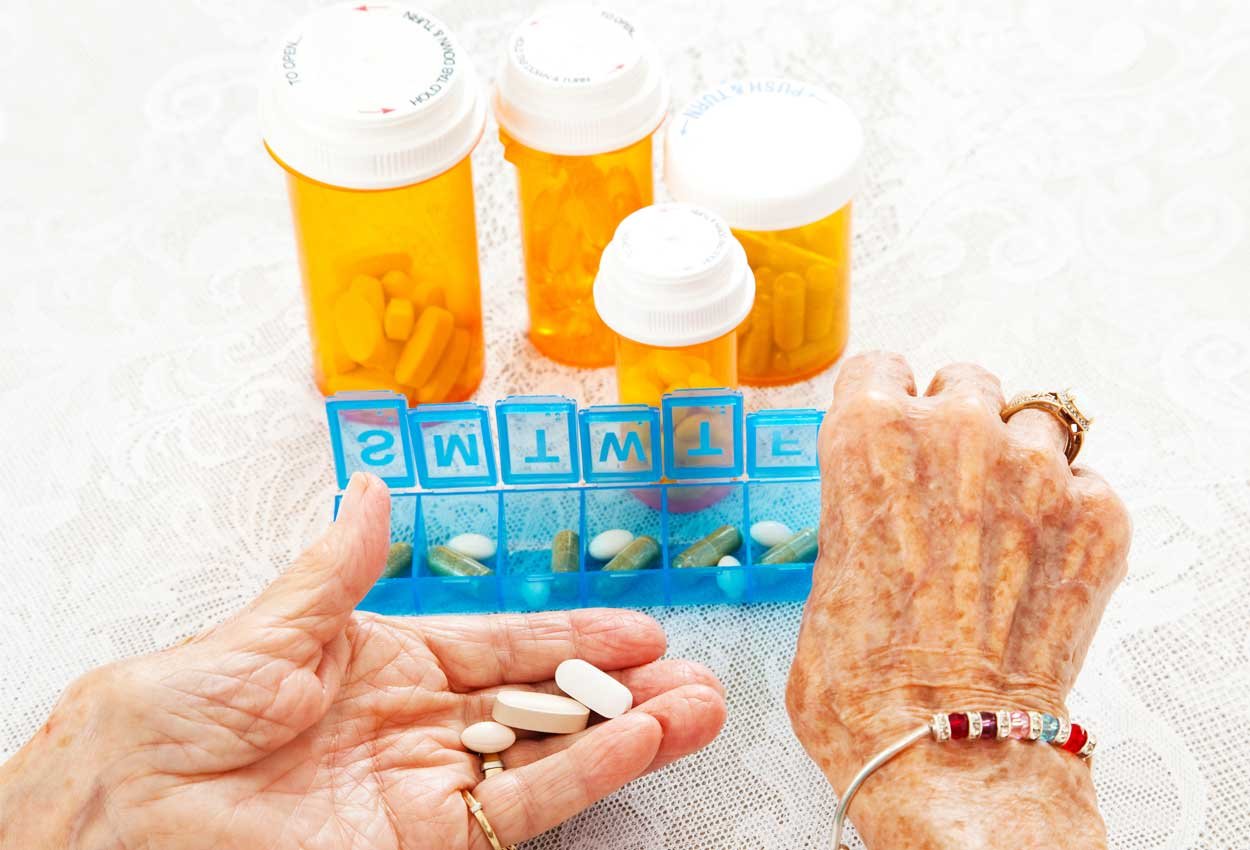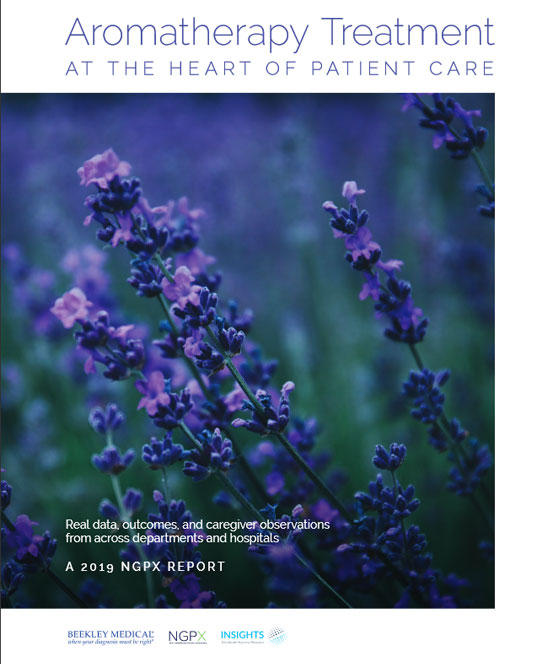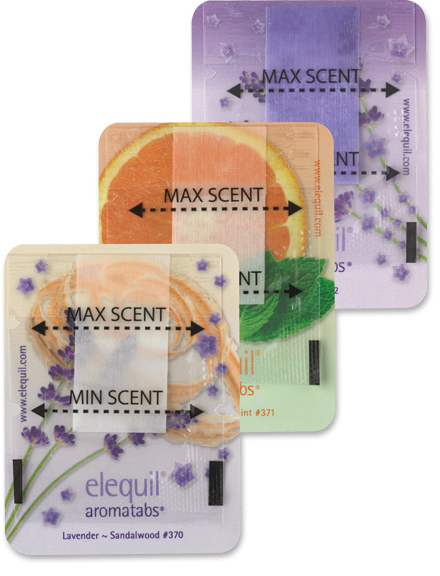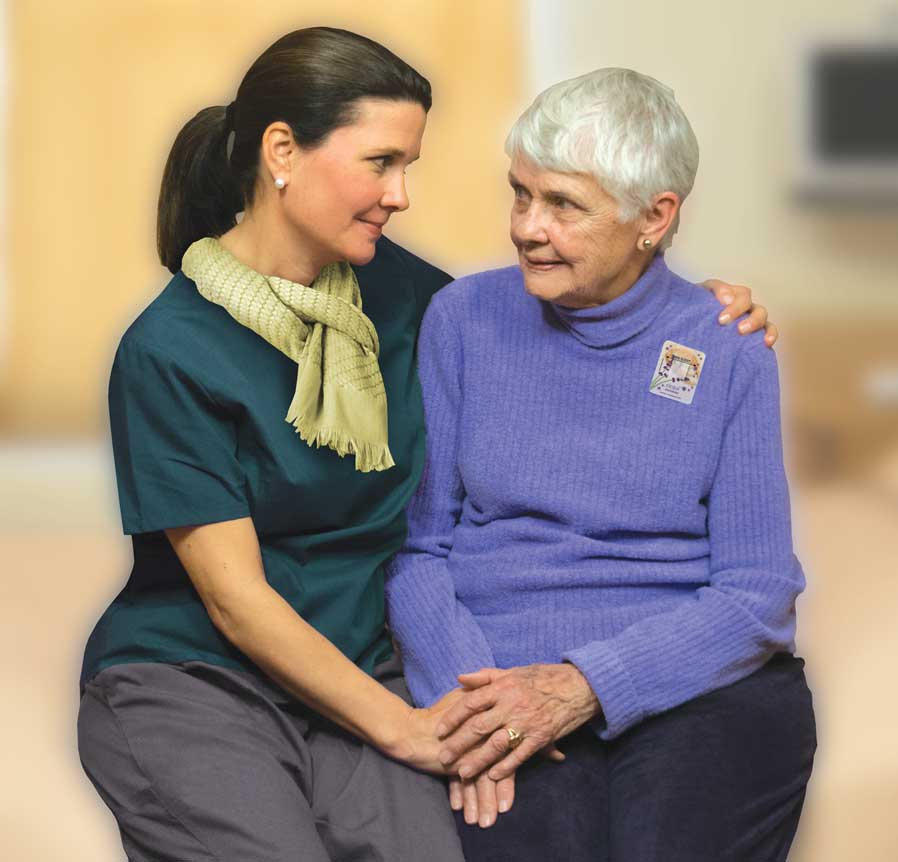
As a response to the nation’s opioid addiction epidemic, the Joint Commission set revised standards in 2018 that require hospitals, critical access hospitals, ambulatory surgery centers, and office-based surgery practices to offer an alternative to opioids for pain management. Now, as of July 1, 2019, Behavioral Health Care, Home Care, and Nursing Care Center programs will have to comply to the same standards.
The Joint Commission Standards for Nursing Care Center program includes (but is not limited to):
- Appointing a leader or leadership team that is responsible for pain management
- Providing a non-pharmacological pain treatment
- Providing staff with educational resources on improved pain assessment, pain management, and the use of opioid medications
Both the Joint Commission Behavioral Health report and the Nursing Care Center report state that treatment strategies for pain include non-pharmacologic, pharmacologic, or a combination of approaches.
In regards to non-pharmacological approaches, the Joint Commission R3 Report for Nursing Home Centers states, “Major professional organizations and experts recognize nonpharmacologic therapies and pharmacologic treatments as components of acute and chronic pain management.”
One easy solution to offer a non-pharmacologic approach is aromatherapy.
The authors of the paper, "The Effectiveness of Aromatherapy in Reducing Pain: A Systematic Review and Meta-Analysis" reviewed twelve clinical studies examining the effectiveness of the use of aromatherapy in treating pain and found “a significant positive effect of aromatherapy in reducing pain.”
They concluded that despite the small sample size, aromatherapy can be considered a safe addition to current pain management procedures as no adverse effects were reported in any of the included studies.
 In fact, 76% of 100 hospital professionals interviewed in the whitepaper, "Aromatherapy Treatment at the Heart of Patient Care", agreed that aromatherapy is a good solution as a non-pharmacological alternative to pain management. Of the hospitals already using aromatherapy, 66% shared that they currently use it to help reduce pain.
In fact, 76% of 100 hospital professionals interviewed in the whitepaper, "Aromatherapy Treatment at the Heart of Patient Care", agreed that aromatherapy is a good solution as a non-pharmacological alternative to pain management. Of the hospitals already using aromatherapy, 66% shared that they currently use it to help reduce pain.
When it comes to using non-pharmacological alternatives in elder care, the Joint Commission does state that there is little evidence for managing acute and chronic pain among this population. However, the following clinical studies prove that aromatherapy is effective in elder care in helping with dementia, sleep, falls, behavioral issues, and more:
- Aromatherapy: Does It Help Relieve Pain, Depression, Anxiety, and Stress in Community-Dwelling Older Persons?
- Effect of Aromatherapy on Patients with Alzheimer’s Disease
- Evaluating the Effects of Diffused Lavender in an Adult Day Care Center for Patients with Dementia in an Effort to Decrease Behavioral Issues: A Pilot Study
- The Effect of Aromatherapy on Sleep Quality of Elderly People Residing in a Nursing Home
- Fall Prevent using Olfactory Stimulation with Lavender Odor in Elderly Nursing Home Residents: A Randomized Controlled Trial
Aromatherapy for pain management– where to start
If you are investigating alternative treatments for pain management in your facility and looking at aromatherapy as an option, your facility needs to determine which aromas to offer and where to purchase the essential oils.
It is important to know that there are various grades of essential oil quality – from low to very high quality.
Keep in mind that essential oils can be adulterated, contain synthetics, and/or pesticides. When low grade oils are used, they may have a psychological effect because it smells nice, but it may not have a physiological effect.
It is significant to ask the manufacturer for a Certificate of Analysis on the quality of the oils and a Safety Data Sheet.
Next, you need to consider the delivery system. Using bottled oils or diffusers may work well in your home, but in the healthcare setting it can present challenges. Aside from potential spills or inconsistent mixing of oils, essential oil bottles and diffusers may be a source of drug-resistant bacterial infections, according to Saskia Popescu, MPH, MA, CIC, a hospital epidemiologist and infection preventionist,
Aromatherapy in a unique, controlled, delivery system
Designed for the clinical setting, Elequil aromatabs® is a professionally made, single use, disposable means of providing clinical aromatherapy as an alternative to pharmacological interventions.
Elequil aromatabs uses only 100% pure essential oils that are unadulterated and contain no pesticides. The unique delivery system is personal to each resident, contains a precise and consistent amount of essential oils, is self-adhesive and can travel with the resident as they go about their day.
Although there are no formal studies on how Elequil aromatabs® helps with pain in Long Term Care, studies have shown there are other benefits Elder Care facilities are experiencing with Elequil aromatabs.
 The Pines of Bristol conducted an independent study that resulted in 74% improvement in sleep quality, 50% reduction in medical intervention, which led to 91.6% in reduced falls.
The Pines of Bristol conducted an independent study that resulted in 74% improvement in sleep quality, 50% reduction in medical intervention, which led to 91.6% in reduced falls.
Another independent study was conducted in Assisted Living at Wingate at Silver Lake. The study proved that Elequil aromatabs helped improve quality of life for some residents exhibiting dementia-related behaviors such as sleeplessness and anxiety.
Elequil aromatabs® can be purchased either by an elder care facility or a family / caregiver can order direct.
Learn from facilities, patients, and caregivers how Elequil aromatabs® have helped.
Visit Elequil.com to learn more on how aromatherapy is a perfect solution as a non-pharmacological approach.
Related articles:

Melissa Vibberts
Director of Brand Management
